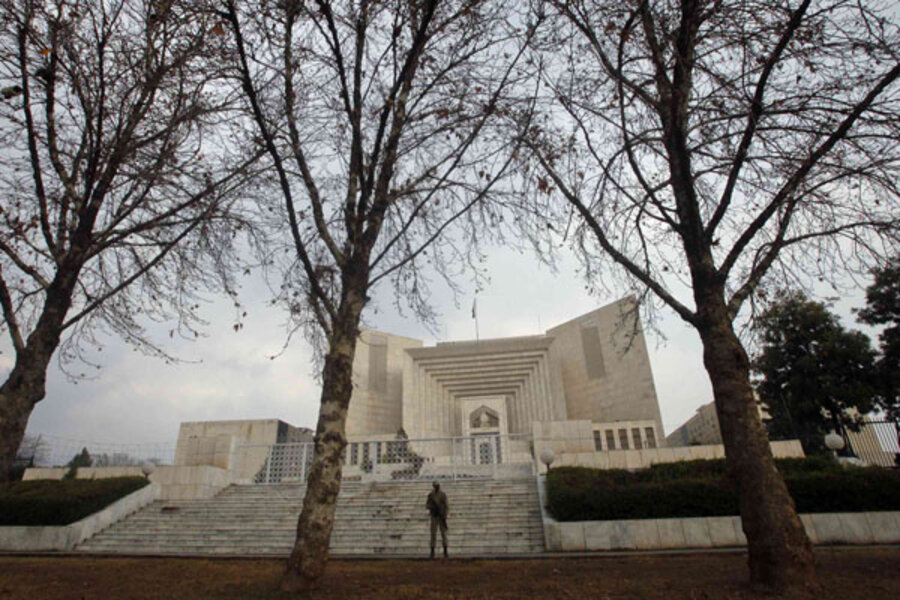Since coming to power in 2008, the ruling Pakistan People’s Party (PPP) has enjoyed a relatively good relationship with the country’s powerful Army.
Analysts say the Army had been content to rehabilitate its image after nine years of unpopular direct military-rule under General Pervez Musharraf, winning key victories against the Taliban in Pakistan’s restive northwest and Tribal Areas.
That changed when a US businessman, Mansoor Ijaz, brought to a light a secret memo sent by unknown persons to the US government, requesting help in curtailing the Army in exchange for a set of pro-US policies.
The secret memo, which was allegedly drafted in the aftermath of the Osama bin Laden raid in 2011 because the government feared a coup, created a major scandal in the country known as ‘Memo-gate’ that cost former Pakistani Ambassador to the US Husain Haqqani his job, and ratcheted tensions and drove a stake between the civilian government and the military.
President Zardari has denied any involvement with the memo.







